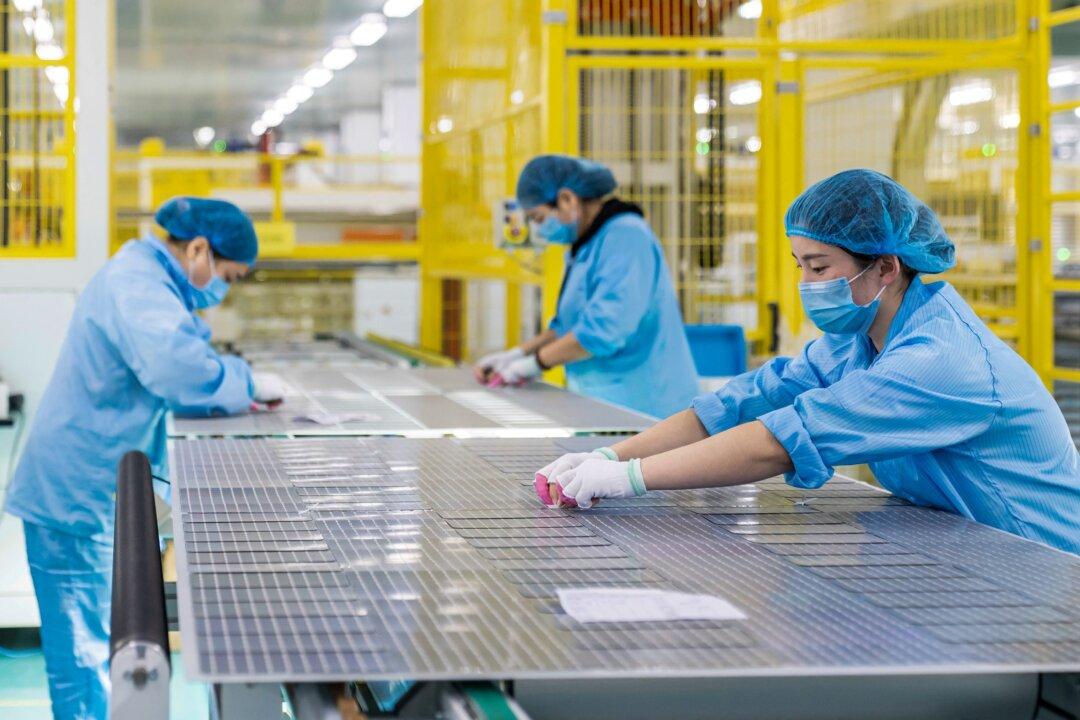As businesses worldwide brace for new U.S. tariffs with the incoming administration, Malaysia is telling Chinese companies not to use the country to try to evade duties.
“Over the past year or so ... I have been advising many businesses from China not to invest in Malaysia if they were merely thinking of rebadging their products via Malaysia to avoid U.S. tariffs,” Malaysia’s deputy trade minister, Liew Chin Tong, told a forum on Nov. 2.





